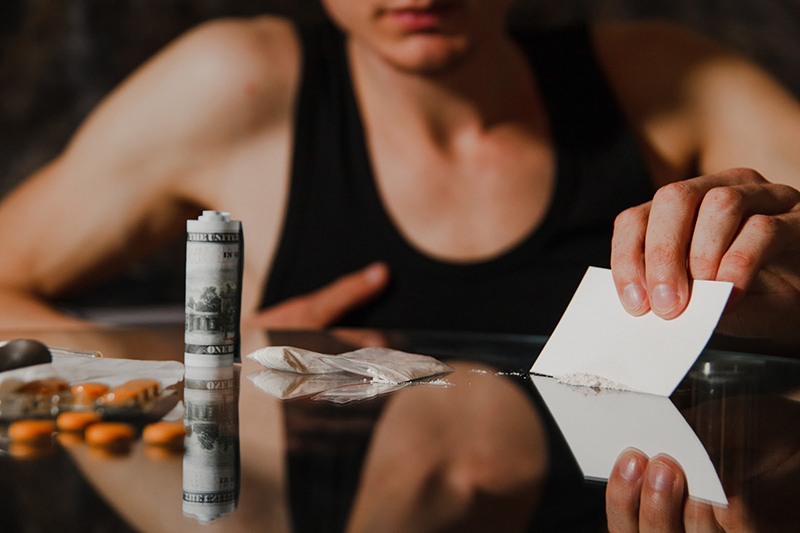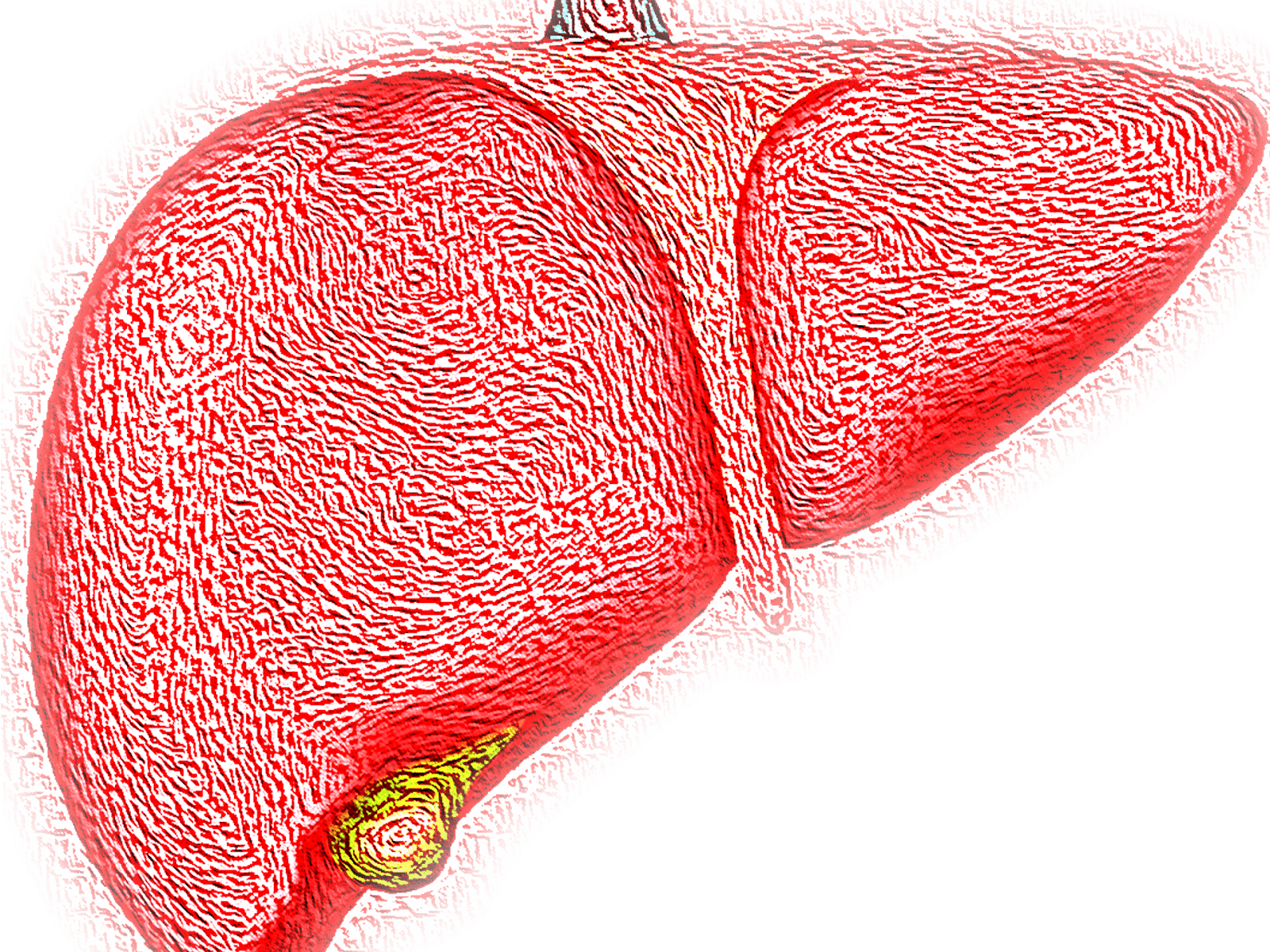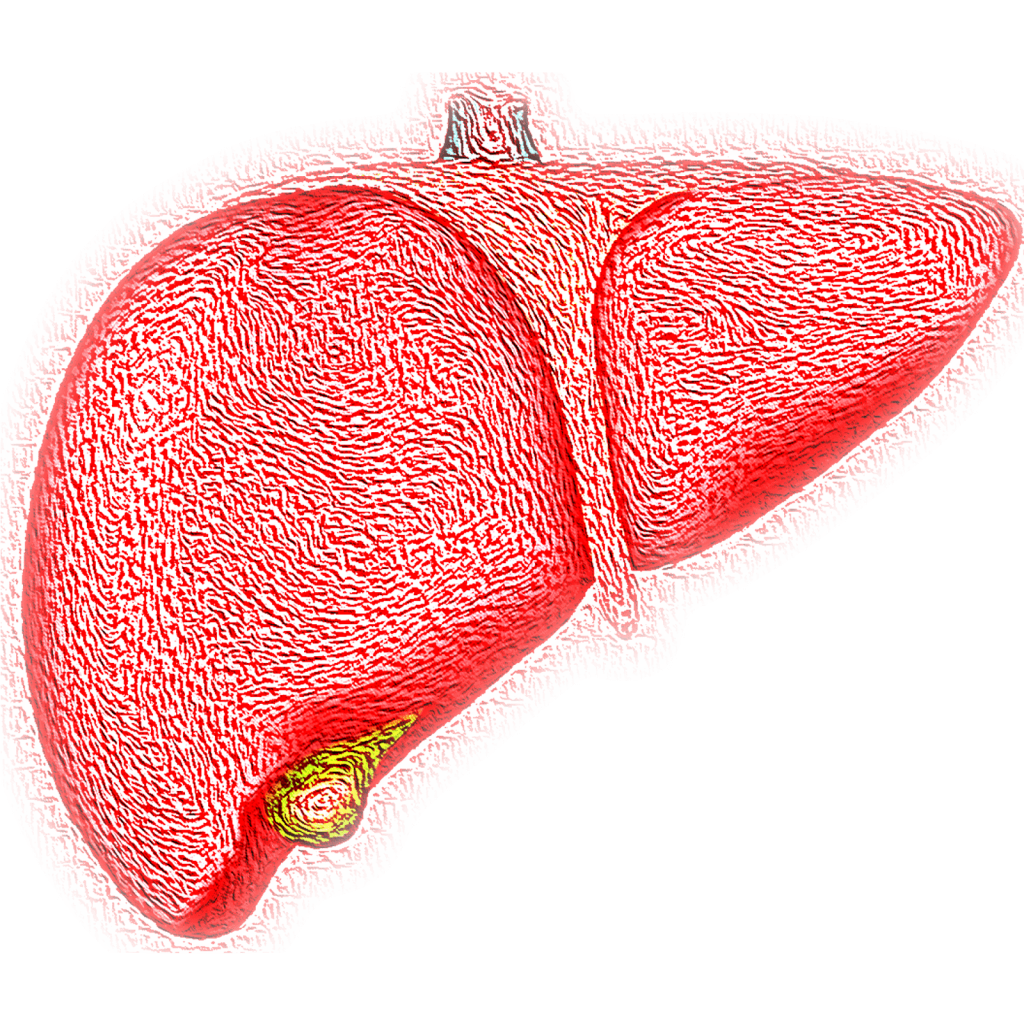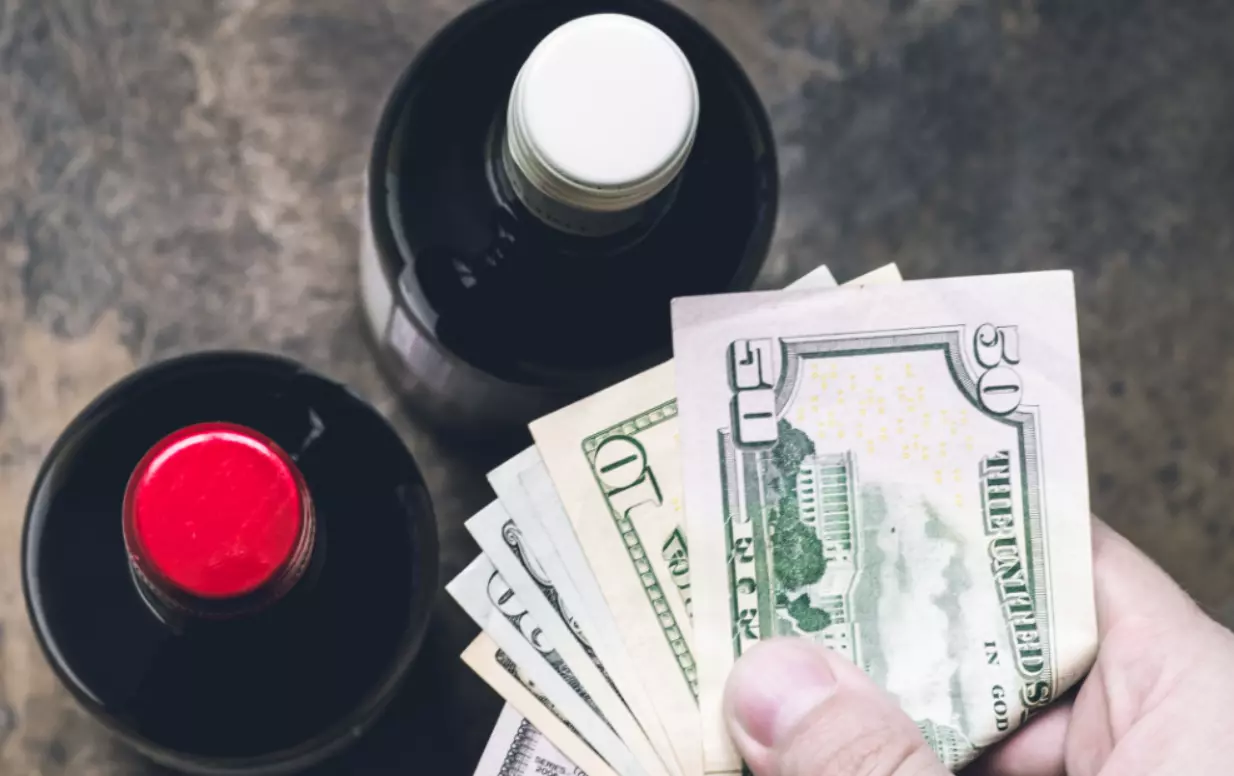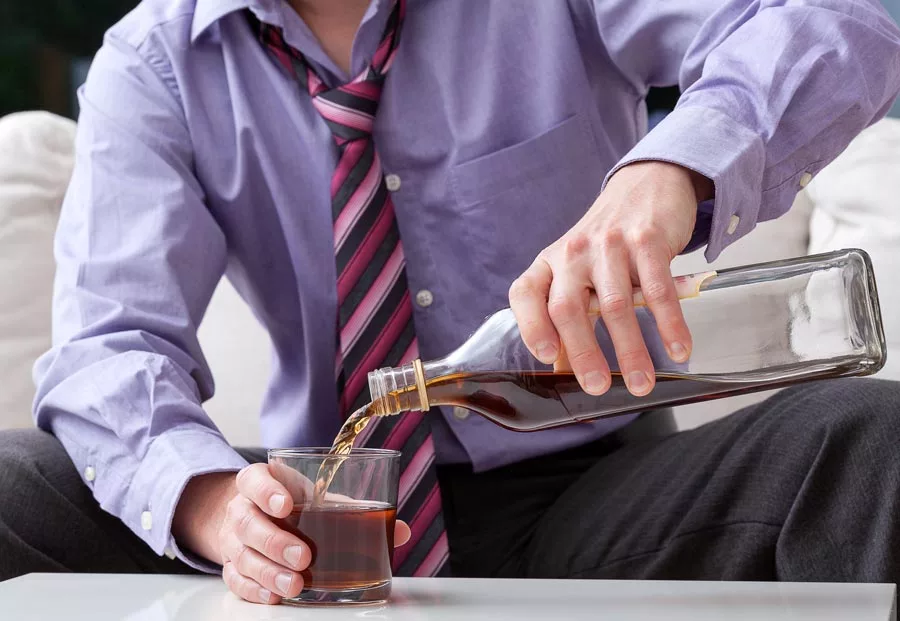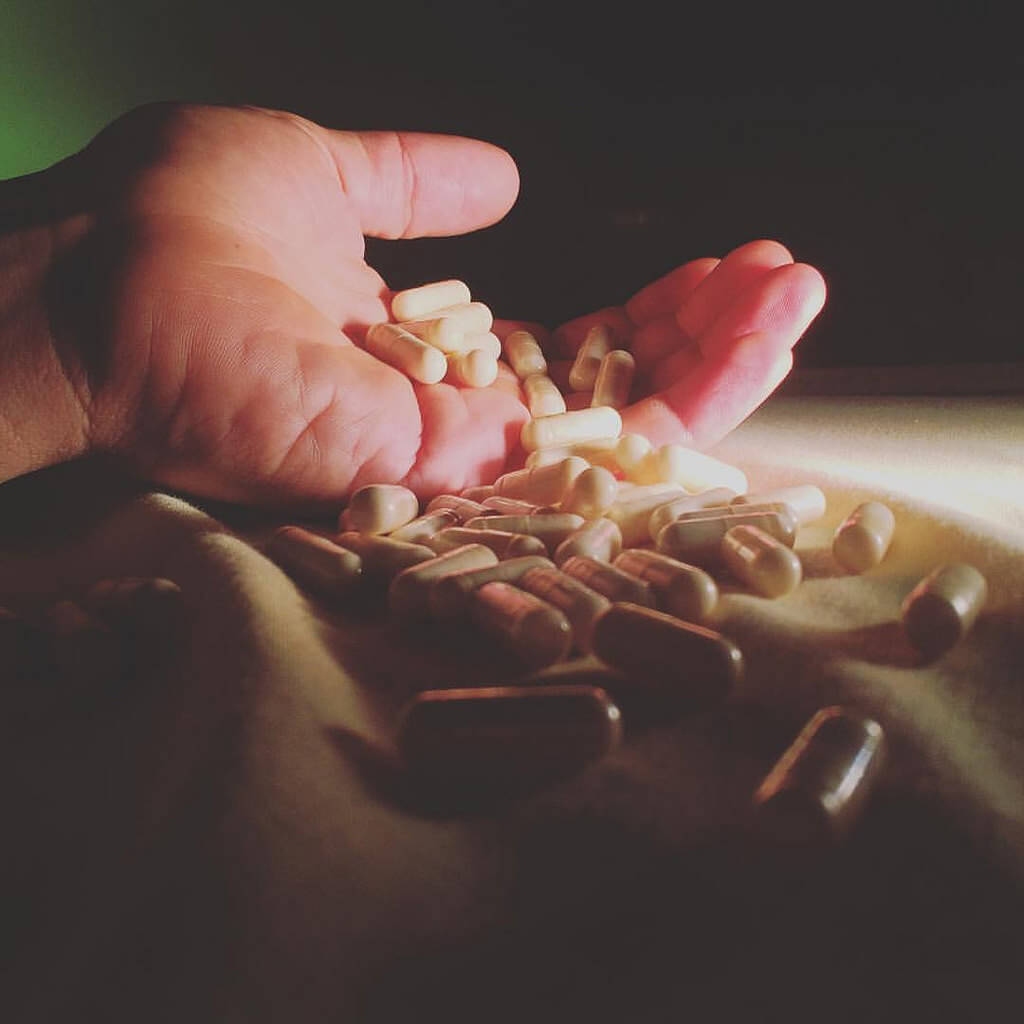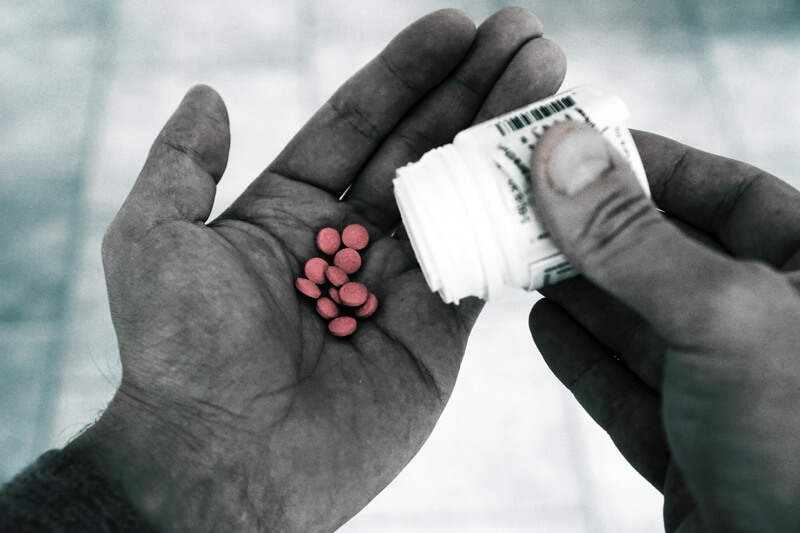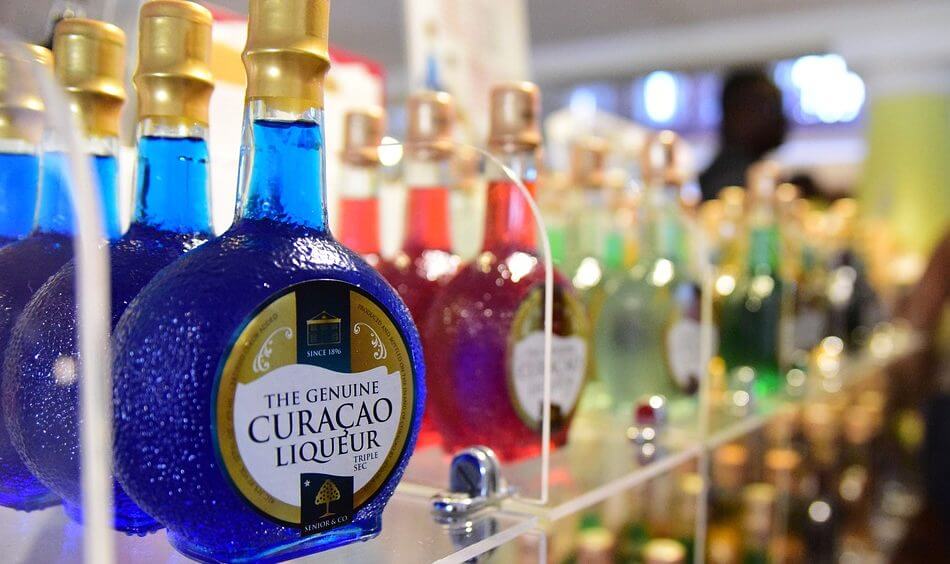Every year in America, there are over 70 000 deaths due to overdoses. This means it’s highly likely that someone you know is struggling with drug or alcohol addiction. For some, it’s their child, spouse, parent, or close friend. With this in mind, we’ve written this advice on how to stop enabling an addict.
We know your role in their life is invaluable.
Unfortunately, the loved ones of addicts often misunderstand the difference between being supporting and enabling. By enabling your addict, you allow them to continue their dangerous, and often lethal, lifestyle.
It’s never too late to give them the support they need. Keep reading for the exact steps on how to stop enabling behavior.
What is Enabling Behavior?
Before you can become better support for them, you need to understand the consequences of your behavior. Enabling behavior makes the life of an addict easier.
In a healthy relationship, enabling is a positive thing. You might cook dinner all week to enable your spouse to work later and make more money.
When one person is an addict, however, adding ease to their life means they can continue using. Often, without feeling the consequences of their behavior.
And, as we know by the high rate of overdose deaths in America, continuing their behavior is very dangerous. It’s important to stop enabling and, instead, help them choose to seek treatment.

Common Traits of an Enabler
You might not be sure if your behavior counts as enabling. Here are some of the common behaviors of enablers. See if any of them feel familiar.
- You avoid telling people outside the family about your loved one’s addiction to protect the family image
- You don’t fully believe your loved one has an addiction
- You believe some drug or substance abuse is okay because they work hard or have a lot of stress
- You haven’t addressed how their substance abuse makes you feel
If you’ve been avoiding your own emotions about the addiction, it’s time to face them. This can be scary; it takes bravery and courage to admit there’s a problem.
But, doing so can save your family and loved one’s life.
How Enabling Affects the Family
When you enable a family member’s addiction, the lines between helping and harming get blurred. Of course, everyone loves the user, but the healthy ways of showing it aren’t clear.
This is especially dangerous if it’s a parent suffering from addiction. They’re modeling that behavior for their children. As the spouse, you’re modeling what enabling looks like.
And that is how the cycle of addiction continues. Living with a user causes stress, trauma, and hurt to the family for generations.
Understanding Your Boundaries

You may fear how the addict will react to you changing your ways. Will they leave you? Will they stop loving you?
First, it’s important to remember that addiction is a disease. Your loved one is sick and not in control of their impulses. If they choose to leave, it’s because the addiction is strong.
But, it does not mean their love for you is gone. It just means they need honesty, reality, and help.
If you can understand that giving up enabling will help them in the long run, you’ll see how it comes from a place of love and support. Setting boundaries is the first step to getting them the help they need.
How to Stop Enabling Behavior
Now, for the concrete ways you can change your enabling behavior. Many of these will be difficult, especially if you live with the addict.
1. Stop Lying for Them
When you stop enabling, you’re admitting that you don’t condone any of the activities associated with using. That includes covering for them while they do these behaviors.
You may have found yourself lying to their employer for them. Have you ever told someone that they’re sick, when really they’re on a binge? Or they’re not sober enough to go to work?
Whether it’s their employer, friends, or other family members, stop lying. Let them lie for themselves. If it’s up to you, tell whoever asks what is going on.
2. Stop Fulfilling Their Obligations
You may think that paying their bills is helping them stay afloat. If they didn’t pay rent, where would they go? If you didn’t drive them to work when their license was taken away, how would they get there?
It’s time to let go of the “what ifs” and let them figure that out.
The user needs to be accountable for their using. If driving drunk caused them to lose their license, then they can’t drive. And if they continue to abuse alcohol, you won’t provide transportation for them.
Then, they’ll take the bus. Or walk. Or not go to wherever they wanted to go.
The same goes for paying their cellphone bill, driving them to AA meetings, and letting them borrow your car. If they have obligations to fulfill, it’s their responsibility to do so.
3. Stop Funding Their Lifestyle

Money is a huge point of contention for loved ones and addicts. Often, they lose their job to their addiction. So, they’ll start asking loved ones for “loans” or to “borrow a few dollars.”
Before you know it, you’re funding their entire lifestyle.
You need to commit to not giving them another dollar. The only money you will spend on them is for their rehabilitation treatment.
If they need money for food, buy them a meal. If they need money for transportation, buy them a bus ticket.
4. Stop Supplying Their Substances
If you have drugs or alcohol in the house that they can access, they will. This is probably the clearest enabling behavior.
Stop keeping booze in the house and refuse to buy them any. Even for “special occasions.”
If they ask for “just one” of your prescription pills, you must say no.
Did you know that 53 percent of overdose deaths come from pharmaceutical abuse? Stop storing your pharmaceuticals in the house and learn how to prevent them from accessing your medications.
5. Don’t Rescue Them

This can be a tough one. When your loved one gets arrested, it’s a natural reaction to want to rescue them.
But, the truth is that jail might be exactly what they need.
For many addicts, going to jail is their breaking point. They know that they’re either going to die from their addiction or end up in jail. You still have a future when you go to jail.
So, don’t pay their bail. Don’t pick them up from the station. The only place you will take them is straight from the cell to a treatment center.
6. Stop Reacting to Their Behavior
When you try to make changes, the user might get upset with you. They might threaten you by saying they’re going to be homeless or sick. They might accuse you of causing their addiction.
You will be tempted to defend yourself. But, it’s crucial you don’t elevate your emotions. You must stay even-tempered and calm.
When you react strongly to their reaction, they believe they’re convincing you to not set boundaries. They need to know that your consequences are real, and the decisions have already been made.
7. Don’t Join Their World
You would think this step goes without saying, but unfortunately, it’s far too common.
For some loved ones, appeasing the loved one takes priority. They become so co-dependent with the user that they’ll do anything to make them happy at the moment.
That might mean having a drink with them. Or, hanging out with them and their addicted friends.
Stay away from their world. You need to be a stable voice based on reality.
When you abuse a substance with them, it condones the behavior. And, it shows that you encourage it.
How to Explain Your Boundaries to an Addict

Once you know the boundaries you need to set, it’s time to tell the addict.
This gives them a chance to assess their behavior and make changes if they wish. Often, they won’t change right away but will try to test your boundaries.
So, have this conversation when they’re sober. Tell them how much you love them. Explain the new boundaries and consequences.
Emphasize that you will be sticking to these boundaries. And, that if they ever want to get help, you’re always ready to help them get it.
They likely won’t ask for the help they need right away. In fact, of the 1 million addicts who admitted to needing help, only 33 percent tried to get it.
Remember that your love and support for this person are ongoing. Whenever they’re ready to get help, you’ll be there. Until then, hold strong to your boundaries.
Is Your Addicted Loved One Ready for Help?
Stopping your enabling behavior is the first step to getting your loved one sober. When you stop enabling their behavior, they’re faced with the reality of their addiction.
And remember, it might get worse before it gets better. Just keep following these tips on how to stop enabling.
When your loved one is finally ready, you can help them by finding them a treatment center. Contact us at Best Rehabs In Arizona to get started.



